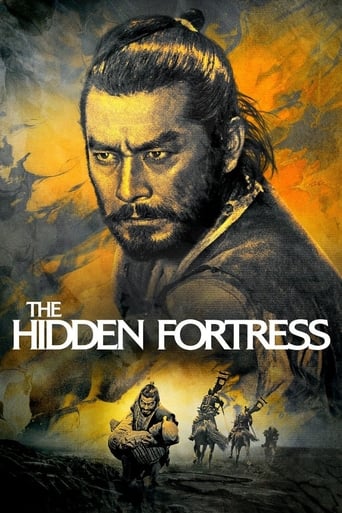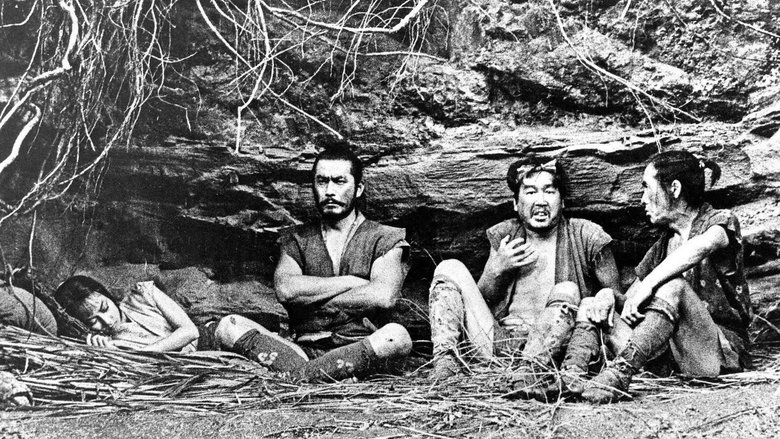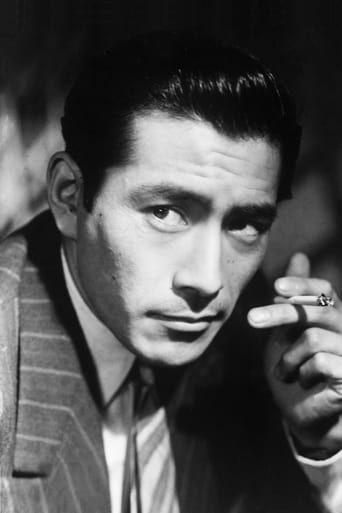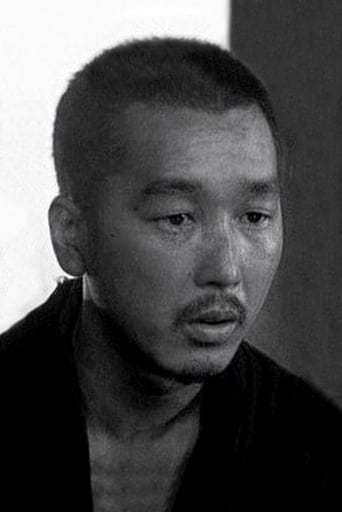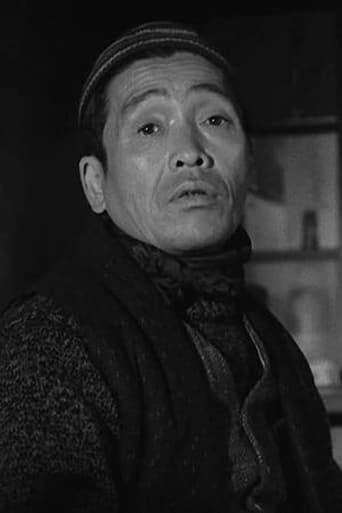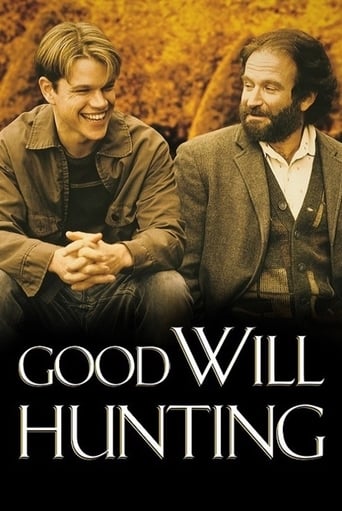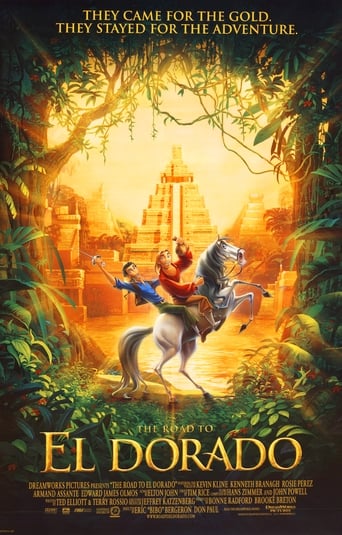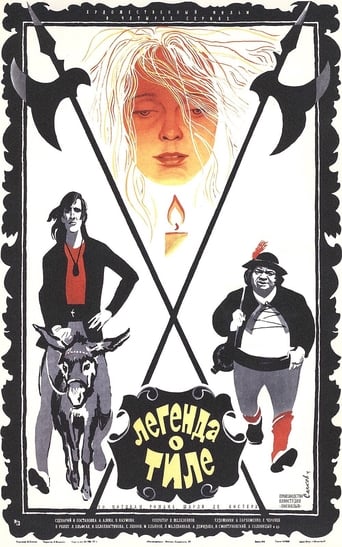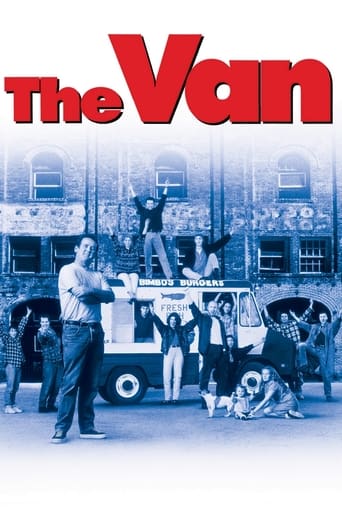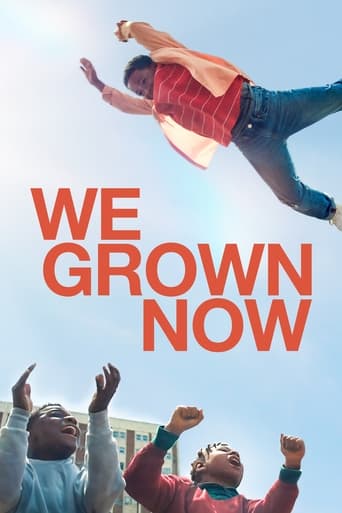The Hidden Fortress (1958)
In feudal Japan, during a bloody war between clans, two cowardly and greedy peasants, soldiers of a defeated army, stumble upon a mysterious man who guides them to a fortress hidden in the mountains.
Watch Trailer
Free Trial Channels
Cast


Similar titles
Reviews
Very well executed
ridiculous rating
Am i the only one who thinks........Average?
Story: It's very simple but honestly that is fine.
Released in 1958, Akira Kurosawa's THE HIDDEN FORTRESS is an action-adventure in the age of the samurai. As the film opens, two buffoonish peasants, Tahei (Minoru Chiaki) and Matashichi (Kamatari Fujiwara) are heading home after failing to make a living as mercenaries. Dramatic events have happened in their region: the Yamana clan has laid waste to the lands of the Akizuki clan. Only the Akizuki princess, Yuki (Misa Uehara) and her clan's dashing general Rokurota (Toshiro Mifune) have managed to escape, hiding out in the hidden fortress of the title, but the Yamana have put out a large reward for their capture. As General Rokurota and Princess Yuki set off from their refuge for the safe territory of an allied clan, the general enlists Tahei and Matashichi to help and carry their loads. The film is richly comedic, as the peasants are oblivious to the identity of their boss and his lady, and they are continually led astray from the escape plan by their greed, but Rokurota always finds a way to make their foolishness work to his and the princess's advantage.In many respects, this is the closest of Kurosawa's films to the 1950s big-budget "Hollywood movie". It is an extravaganza shot in Cinemascope with amazing stunts on horseback, a dramatic fight scene between the hero and a village, and a riotous village dance at festival time. It is easy to see why the film was such a smash success in Japan and abroad. Don't think this is any commercial sellout, though, as THE HIDDEN FORTRESS maintains all the strengths of Kurosawa's work in this period, with believable, nuanced characterization, innovative camera techniques, and dramatic samurai clashes that show an awareness of American Westerns.The acting in particular is incredible: Toshiro Mifune shows a perfect confidence in his role and his great versatility where he could be stern and severe one moment, maniacally laughing the next. Both of the peasants are hilarious, and while Kamatari Fujiwara was long known as a comedic actor, Minoru Chiaki here shows a different side than in earlier Kurosawa films. Surprisingly, Princess Yuki is mainly in the background; her appearance on film posters or DVD boxes might lead you to expect a prominent role and maybe some daring action sequences from her (she is said to be a tomboy, after all), but mainly she plays only a supporting character serving as a social critique of Japanese rulers, and the bulk of the story plays out between Rokurota and the peasants. Misa Uehara is a seductive screen presence in the bits she has, though, and it is perhaps a loss to cinema that she retired from her brief acting career soon after.While THE HIDDEN FORTRESS is perhaps not as "deep" or psychologically intense as certain other Kurosawa films (such as THRONE OF BLOOD), this is an all-around great movie, a heck of a lot of fun for any casual view, and full of filmmaking details that cinema anoraks can chew on. I would generally recommend it to all and sundry.The obligatory George Lucas mention: Kurosawa served as a light inspiration for STAR WARS, namely showing much of the action from the viewpoint of the lowliest characters. However, except for that feature, there aren't many similarities between Kurosawa's film and that later science-fiction blockbuster; Lucas's championing of the film is a good thing inasmuch as it might bring Kurosawa to a wider audience, but it has the downside of perhaps prejudicing one's expectations.
This Film from Japan's Premiere Filmmaker will take more Effort from Americans to Embrace, but it is so Charming and Beautiful that it will Win the US Audience Despite its Buffoonish and Annoying Comedy Duo.There is much more here to Ogle and Awe as Kurosawa really knows how to Fill a Frame. Every Scene is a "Picture" that uses Cinema in the Best Artistic Tradition of the Medium. No Wasted Space, in Fact every Inch is Imbued with Purpose. The Director is not Fond of Closeups and that is a Lesson that Modern Directors have Never Learned.The Story is a Blend of Adventure and Whimsy with Slapstick and Samurai Energizing this Slightly Longish Tale. Toshiro Mifune is again Welcomed but it is Misa Uehara as Princess Yuki that Beautifies the Screen with a Sexy Princess that Commands the Viewer's Attention as She is a Stunning Actress with an Accent on Beauty but not to the Detriment of a Dogged Determination that is not Intimidated by Her Male Counterparts.Overall this is a Typical Visual Treat from a Master of Image that set out to make a Lighter Affair in Contrast to His Previous Work and it Works Magnificently.
What a wonderful movie! In my top 5 Kurasawa movies for sure alongside Seven Samurai, Ran, Throne of Blood and Yojimbo. As always it is superbly directed, and looks amazing especially in the once again epic scenery and use of CinemaScope. The music score is suitably lively(though my favourite score of any of Kurasawa's movies is still Ran), the script is literate and amusing and the story compels. The action sequences are beautifully choreographed and exciting and the comedy puts a smile on my face. The acting is just as accomplished as ever, with Toshiro Mifune giving yet another charismatic lead performance, and Minoru Chiaki and Kamatari Fujiwara match him just as effectively. Through his camera and directorial techniques you can see Kurasawa paying debt to John Ford's western, and you can also see with the galaxy far far away idea especially the major influence it had on Star Wars. The Hidden Fortress was said as well to be Kurasawa's own personal favourite of his work, and while not quite mine(Seven Samurai) I can definitely see why, and it is perhaps his most accessible(I have often seen Throne of Blood criticised for its dramatic structure and one-dimensional characters and I know people were deterred by the length of Seven Samurai). In conclusion though, a truly great film. 10/10 Bethany Cox
When it comes to Kurosawa, most that come to mind are "Seven Samurai", "Rashomon", and "Yojimbo" but "The Hidden Fortress" is a worthy addition just on the impact alone. Tahei and Matashichi are two selfish greedy peasants just trying to get home. After discovering gold in the mountains, the two decide to team up with a general and a princess hiding out there in order to escape with some extra money in their pockets. "The Hidden Fortress" is an adventure story that draws influence from both Eastern and Western cultures. Instead of being seen from the high-class samurai's eyes, the majority of the film is done through the two peasant's perspectives which generally balances between seriousness and humor relatively well. It does get slightly over-the-top at points but with a witty cast and a fantastic director like Akira Kurosawa, it's not hard to see why George Lucas would eventually draw inspiration from it for "Star Wars."

